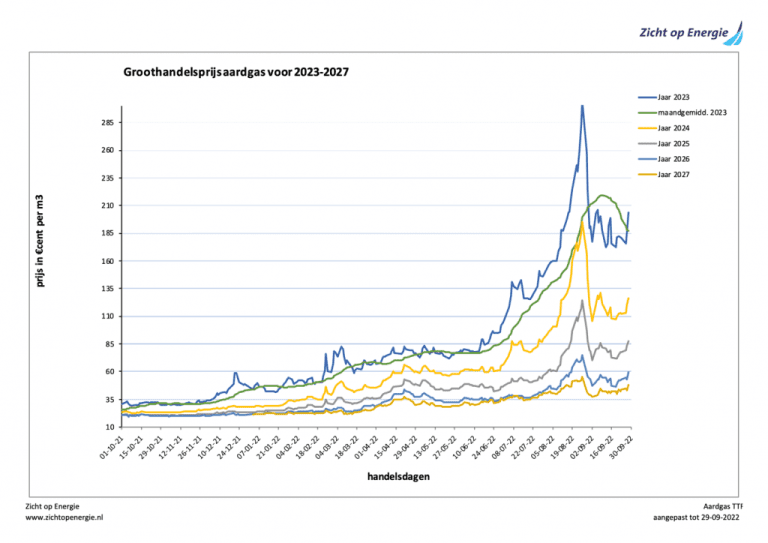Blown-up gas pipes, unprecedented energy prices and winter looming. What can we expect Delta asked three energy experts. Simply put: saving. How to keep it affordable?
According to the experts, we will all have to turn down the heating a few degrees in the coming winter. (Photo: Pxhere)
First the good news. Dutch gas storage facilities are full. So as long as gas imports from Norway, North Sea fields and LNG gas tankers are maintained, and the winter is not too harsh, there need be no shortage of gas. So says Dr Aad Correljé, Energy Economist at the Faculty of Technology, Policy and Management (TPM).
“The question is not how we maintain the flow of gas, but how we keep it affordable? That’s the real discussion,” says his colleague Prof Kornelis Blok (TPM).
“The solution lies in reducing usage,” argues TU Delft alumnus and independent energy consultant Onno Toepoel. He works a lot with local authorities, housing associations and other property managers. “There, people are mainly concerned with getting the budget right, but not yet with reducing demand.”

Wholesale natural gas price over the last year and the price of procurement for the coming years. (Source: Zicht op Energie)
Gas market
Natural gas prices are set on the basis of supply and demand, explains Toepoel on his website (in Dutch). This got quite out of hand, particularly at the end of August. The wholesale price for 2023 then shot up from EUR 0.25 per cubic metre a year earlier to EUR 3.05 per cubic metre. Once the gas storage facilities were filled, demand decreased and the price dropped back to EUR 1.85/m3. This is still more than six times the level before the gas crisis.
‘The twelve year payback period has now shrunk to four years’
The loss of natural gas from Russia has caused a significant shortage on the world market. As a result, higher demand directly pushes up the prices. So demand has to come down to make gas somewhat affordable.
Interest in energy saving is growing
Is this happening at all? According to Correljé, consumption has decreased by about 15% under the pressure of high gas prices. Many large consumers, including the greenhouse horticulture sector and the fertiliser industry, have stopped using gas because of the high costs. Some industries have also switched to other fuels: refineries now burn oil products instead of natural gas. Electricity producers are again burning plenty of coal. Both measures cause more CO2 emissions, but even the Minister of Energy and Climate is not bothered about that now.
Correljé sees more interest in energy saving in the business world. “While energy consumption was not such an issue before, you now see that companies and managers have started to watch their energy consumption. They have started to turn off ovens. Energy has become an important cost and that means that people are being more careful with it and wasting less.”
Toepoel also sees more interest in energy saving in the real estate sector. “The high costs of natural gas and electricity have generated more interest in insulation than five years of information campaigns. The twelve year payback period for an energy saving measure has now shrunk to four years. That is a quick payback.”
Yet this increased interest has not yet led to reduced energy consumption, Blok observes. “I do not see that reflected in the statistics which the CBS (Statistics Netherlands) records every week. Since last year’s gas price increase, the greenhouse horticulture and chemical industry sectors have stopped using gas. The others just continue quietly.”
Covid intensity
Blok thinks it is time for Government campaigns with Covid-like intensity with the Prime Minister on stage at regular press conferences. Households are now being compensated for the high energy price, but why not insist on saving at the same time, he asks rhetorically. “I think all the people who may fall into energy poverty should be visited one by one to help them save energy at home. You have to compensate too, but it’s a good start if you can help everyone use 10% or 20% less energy.”
Small and medium-sized enterprises are already obliged to take energy-saving measures that can be recovered within five years, Blok says. Municipalities should monitor this, but do not get around to it. Do it, he urges. Large companies should also be addressed. “I am thinking of the food industry and brick factories, which have so far hardly reacted to the gas price. There should also be a conversation with them about what measures they can take in the short term. Let them take a good look at what can be switched off temporarily. I think many companies can cut 5%-10% of their energy consumption. That would be just enough to reduce demand so that the price also comes down a bit.”
New generation
In summary, the savings must come from households, small and medium-sized enterprises at the instigation of municipalities, and industry. All of us, in other words. Taken together, this should reduce demand to such an extent that energy remains affordable.
In addition, more electricity can be generated. Nuclear power plants must remain open under these circumstances, Blok believes. And building extra capacity is best done with solar energy, because that is fastest. “You can build plants now that will already provide plenty of power next year.”
Do you have a question or comment about this article?
j.w.wassink@tudelft.nl


Comments are closed.